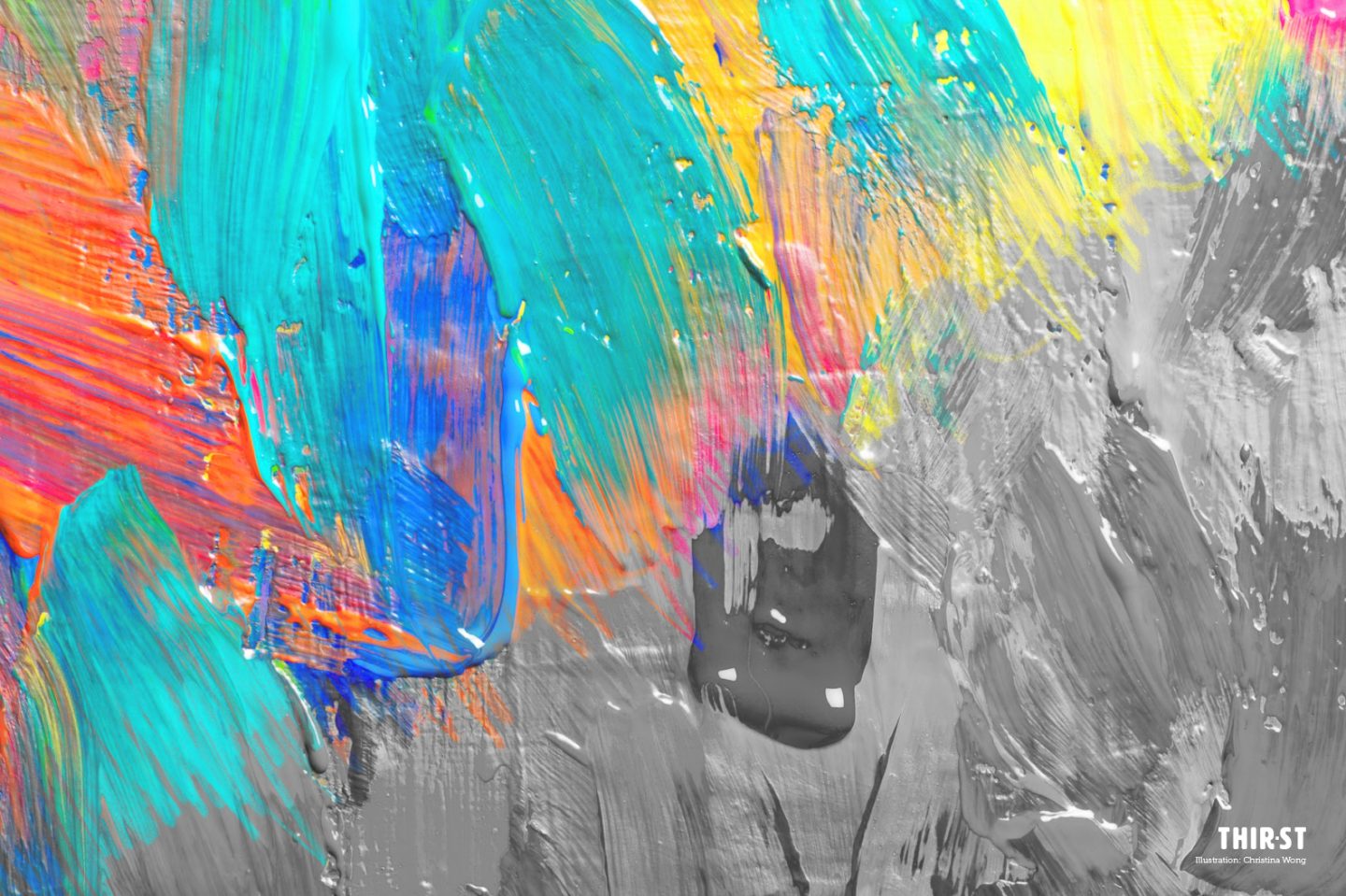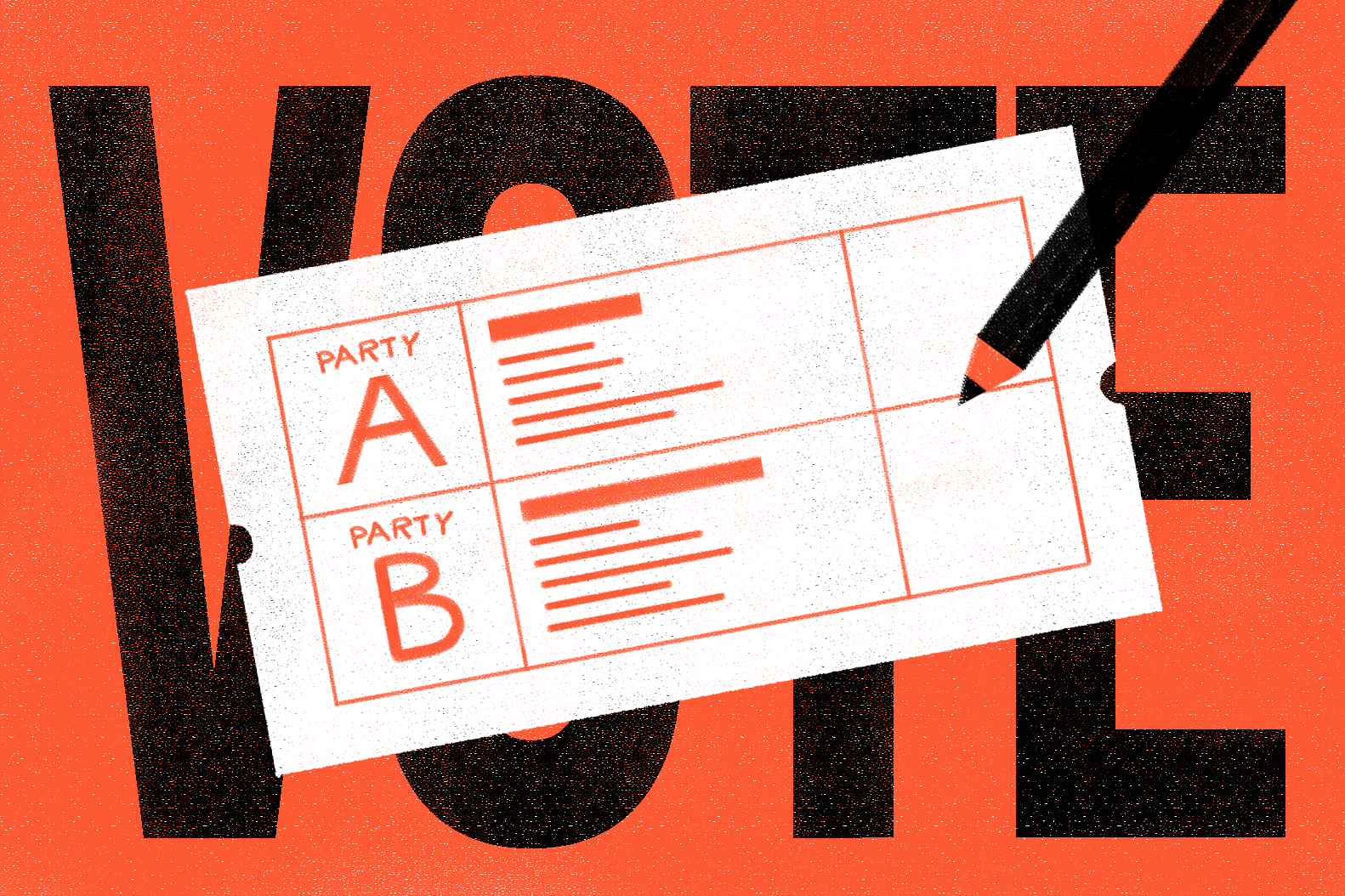In typical gimmicky fashion, after featuring the “thankful” purple flower reaction on Mother’s Day, Facebook has now included a “pride” reaction – unsurprisingly represented by a rainbow flag – this Pride week.
A couple of rainbow reactions might even find their way to this article.
Interestingly, as some have explained, this new feature is kindly “hidden” from “bigots”, so they never have to see or hear about it. How kind of them, not wanting to offend these proverbial bigots.
But it’s not really hidden, just inaccessible to users who hail from nations where same-sex marriage is not recognised. Everyone sees the flags, but not all can use the reaction until they go through some hurdles to unlock it.
While the global social media brand is known for such antics, I find this counterconducive to inclusive, tolerant society – which I think we can all agree we want Singapore to be.
And no, it’s not because my cultural sensibilities are offended, or I’m a homophobe. Not because I fear that any of my freedoms are in any way compromised by it. I’m Christian, but honestly, in our secular society, I believe people should be free to do what’s right in their eyes, as long other freedoms aren’t compromised.
This has nothing to do with the “rightness” or “naturalness” of homosexual unions.
My issue is that it messes with the way we communicate.
In an increasingly varied and liberal democracy where the values of tolerance and inclusivity ought to be respected, I feel the social media giant is taking one step forward and falling three steps back.
Words and symbols are these days a battleground, or at least, a recipe for unintended miscommunication. Pride, love and rainbows don’t mean what they used to an innocent generation ago.
All of the other Facebook reactions are tied to emotion, not identity. Emotions are universal to the human condition. But that rainbow is a call to just wear your sexuality on your sleeve and trumpet it as a universal reaction to … anything.
You may intend to communicate one thing (the feeling of pride, for instance), but effectively communicate another (a liberal stance on sexuality). To Christians, the rainbow is symbolic of an eternal covenant promise. To the scientist, it’s an interesting refractive optical phenomenon with no empirically perceivable meaning.
Think of all the fake news going around. It’s already seeping into mainstream news. It’s not really clear how to accurately discern fact (objective or subjective) from intentional satire these days.
Facebook’s move just adds more noise and confusion to the mix. It says that your response to something doesn’t have to be logical or sensitive.
All of the other Facebook reactions are tied to emotion, not identity. I like something, I love it, I’m saddened by it, I’m in awe of it. Emotions are universal to the human condition.
But that rainbow is a call to just wear your sexuality on your sleeve and trumpet it as a universal reaction to … anything.
Imagine doing this with other aspects of our personality: My “Chinese-ness”, my faith, my stance on abortion/ecology/guns, my hetero-ness …
Imagine flags and symbols for every single aspect that makes up your identity, and shovelling it all over cyberspace in hope that every other unrelated thing on social media will get sprinkled with its essence.
You only succeed at numbing everyone to the dying art of conversation.
So, instead of reasoned discourse – the process where people learn to agree to disagree – the pages of religious/political groups get flooded with rainbow flags, which triggers a response of bans and unhappy emojis, putting a quick end to any form of mature conversation between individuals of differing opinions. At a time when we most need it.
Everyone loses.
I mean, why bother with growing in understanding or empathy, right? Why waste time on debate when collective heckling is so much more fun?
These days it’s so easy to mock others from behind the cloak of cyber-anonymity, or emboldened by the cyber-distance. All in the name of love, they say.
Love. Another loaded word, like rainbows and pride.
What is love? And, for that matter, what isn’t love?
Love is not about fighting to win wars. Love wins when the fighting stops.
Love is not a blanket affirmation of however another chooses to live. Love should be bold and vulnerable enough to talk about things that matter to those who matter to us.
Love is not sex. Love comes with surrender, submission, sacrifice and self-control.
Love is not about fighting to win wars. Love wins when the fighting stops – when the trolling, shouting, dissing and mocking stop.
And, of course, Love is not a meaningless Facebook reaction. Love is being able to communicate in humility and with respect for differing views. It’s the ability to understand the other side well by putting yourself in others’ shoes, while having good reasons for where you stand.
Which means moving beyond that Facebook reactions premised on identity – what more would there be to say? – and into honest conversations.









